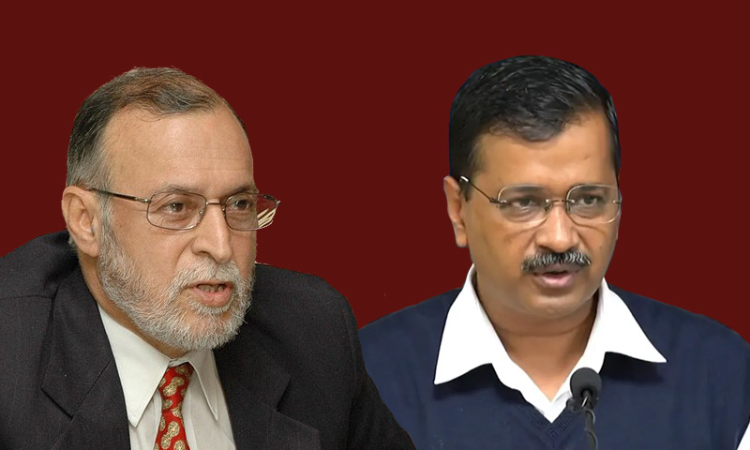Lok Sabha Passes Bill To Enhance Powers Of Delhi Lieutenant Governor
Akshita Saxena
22 March 2021 5:41 PM IST

Next Story
22 March 2021 5:41 PM IST
The Lok Sabha has passed the Government of National Capital Territory of Delhi (Amendment) Bill, 2021 to enhance the powers of Lieutenant Governor of Delhi. The Bill amends the GNCT of Delhi Act, 1991, a legislation that provides framework for functioning of the Delhi Legislative Assembly and re-defines Delhi Government as the Lieutenant Governor (LG). It also provides that the...
